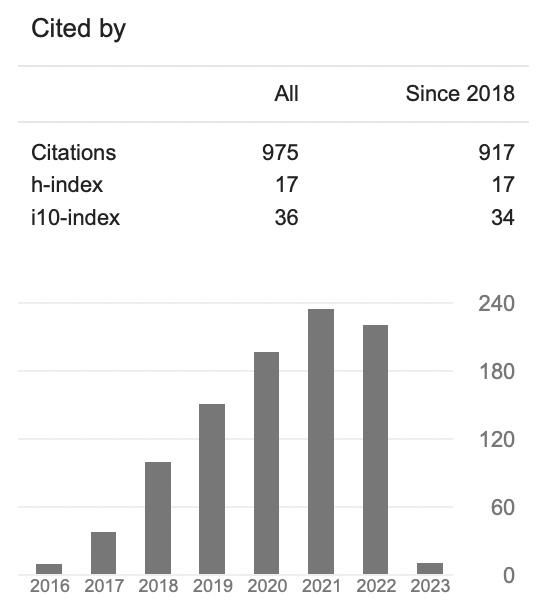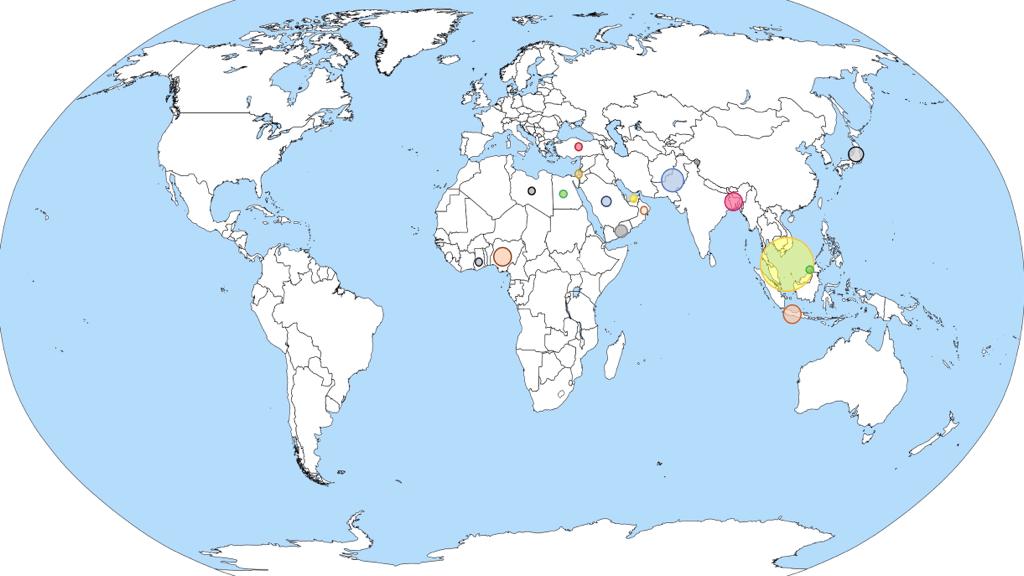The Advantages of Trans-Pacific Partnership Agreement (TPPA) on Malaysian Small, Medium Enterprises (SMEs)
Keywords:
Trans-Pacific partnership agreement, SMEs, Malaysian government, Malaysia, ASEAN, advantagesAbstract
The latest of the hot-button issue that arise in the market nowadays is the introducing of Trans-Pacific Partnership Agreement (TPPA) which become the talk of the town especially in Malaysia. TPP formed a diverse range of the countries namely Australia, Brunei, Canada, Chile, Japan, Malaysia, Mexico, New Zealand, Peru, Singapore, United States and Vietnam. The general discussion in this paper will be based on the advantages of TPP agreement on Small, Medium Enterprises (SMEs) in Malaysia. The so-called 21st century trade agreement with 30 chapters was finally approved by Malaysian Parliament on 27 January 2016. The decision shows Malaysia’s aspiration to move forward to become a high-income economy. Undoubtedly, the local SMEs are expected to face stiff competition as the market become autonomous liberal. However, TPP is not the “bogeyman” to scare the SMEs but to drive them to become more resilient, versatile and adaptable to any changes in the domestic and also global markets.













